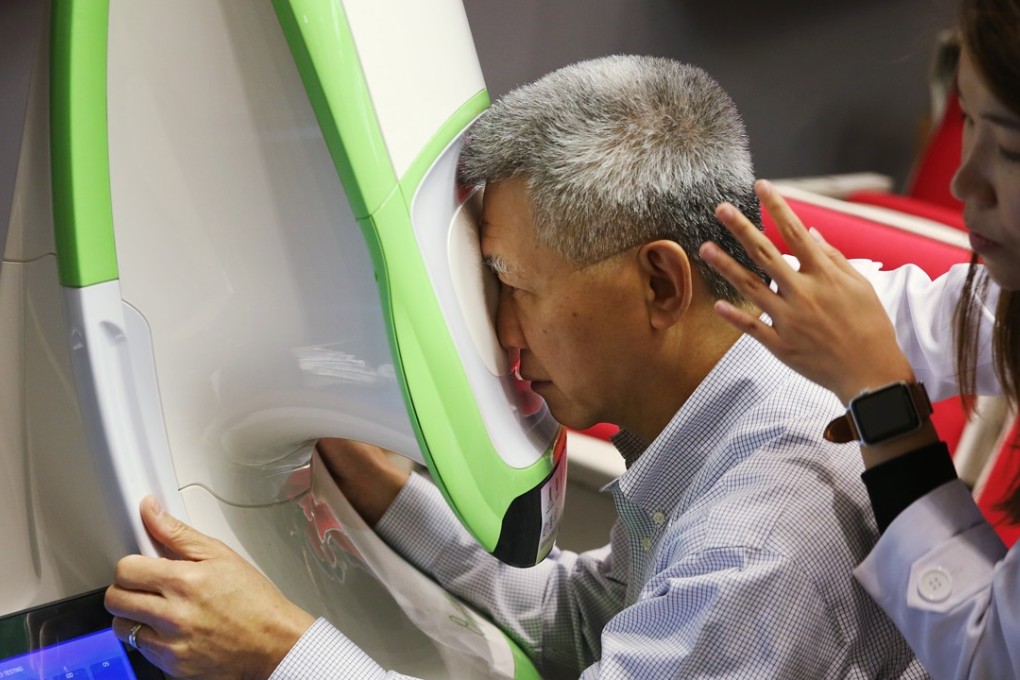Hong Kong scientists hope to create cheaper, more effective method for detecting Alzheimer’s
A study by the Chinese University of Hong Kong will use 100 people to test new methods of detecting Alzheimer’s disease, which if successful will be cheaper and more accessible

The Chinese University of Hong Kong (CUHK) is developing a new and cheaper screening method to detect Alzheimer’s disease through blood and eye imaging that could be more accessible for elderly sufferers in Hong Kong.
Scientists behind the study are recruiting 100 volunteers to test the screening system that could potentially replace the traditional brain scan.
“The earlier we can detect, the earlier we can intervene when the disease is still mild”, said Professor Vincent Chung Tong Mok, head of division of neurology at the Faculty of Medicine CUHK.
“We hope to slow down or even stop the progression, and reduce the suffering from patients and caregivers.”
Hong Kong biotech start-up claims world first in stem cell treatment of Alzheimer’s and Parkinson’s diseases
Alzheimer’s disease is a common type of dementia – a broad category of brain diseases which cause a gradual decrease in brain function, and the fourth major cause of death in the city. Over half of dementia cases in Hong Kong are linked to Alzheimer’s.
One in 10 people aged 70 or above, and one in three over 85, suffer from dementia. But overall only one in 10 has been diagnosed or found medical help.